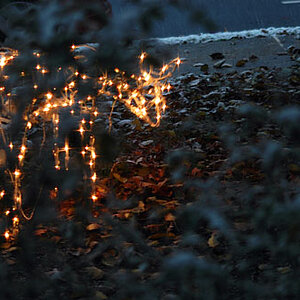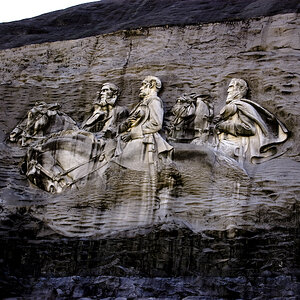Riggaberto
TPF Noob!
- Joined
- Mar 1, 2007
- Messages
- 187
- Reaction score
- 0
- Location
- University of Washington
- Can others edit my Photos
- Photos OK to edit
I was talking to a guy at my local camera shop that says he is waiting to switch over to digital until sensor quality rises. He says that despite 10-12 megapixels being close to 35mm in quality image-wise, they're having problems with the sensors declining in quality after a few years and requiring more and more light for the same exposure.
Is this accurate? I wanted to get some second opinions on it. Just for cost practicality and ease of use I was planning on getting a nice canon sometime in the next few years, but if the thing is only going last around 70-100k exposures, it's really not going to be cost effective at all.
Is this accurate? I wanted to get some second opinions on it. Just for cost practicality and ease of use I was planning on getting a nice canon sometime in the next few years, but if the thing is only going last around 70-100k exposures, it's really not going to be cost effective at all.


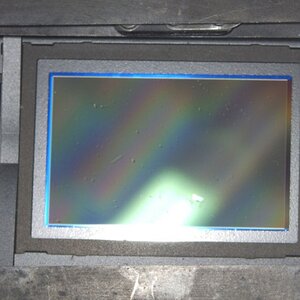

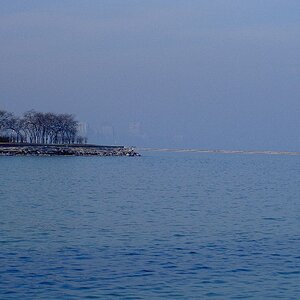
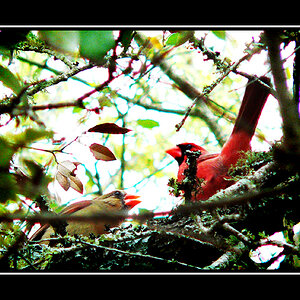


![[No title]](/data/xfmg/thumbnail/38/38738-7933157d1b8968c986eeeab2d1828524.jpg?1619738703)
